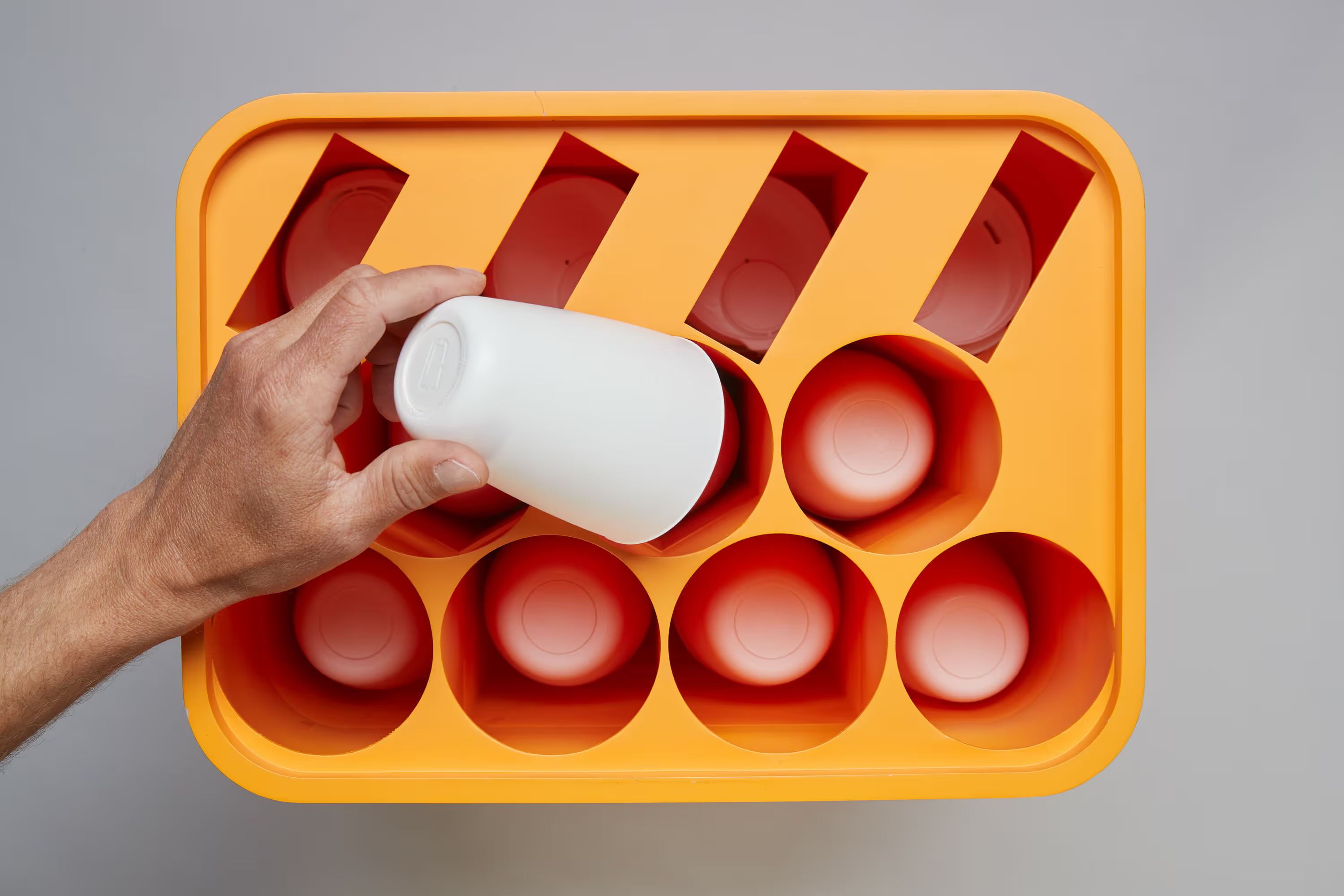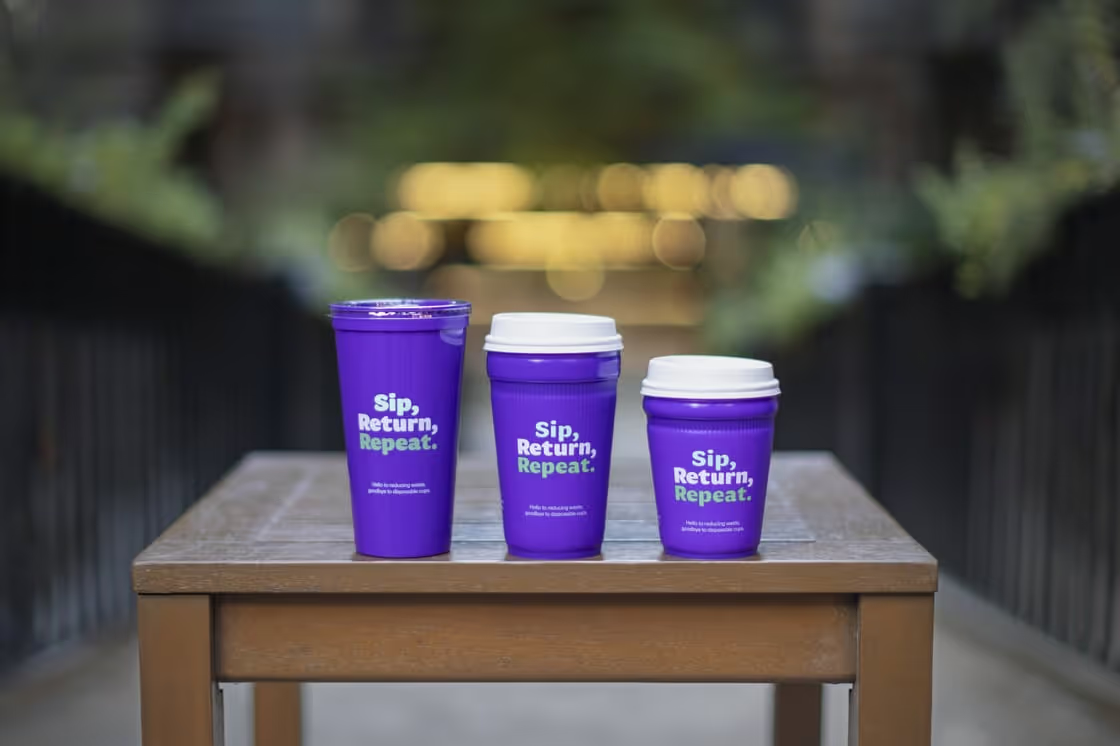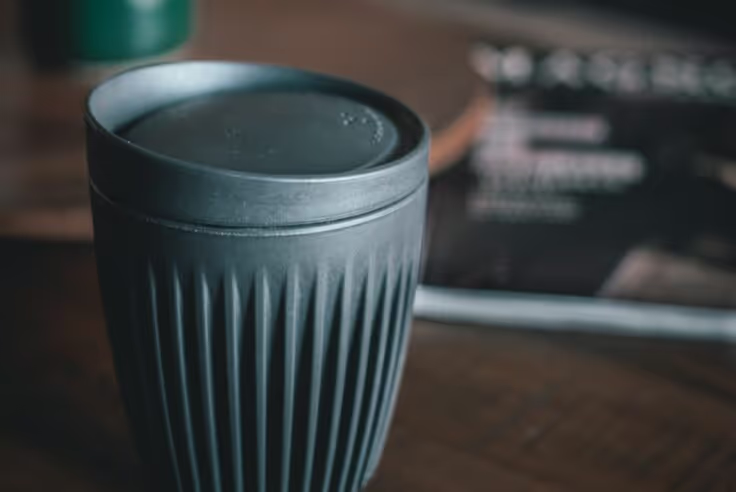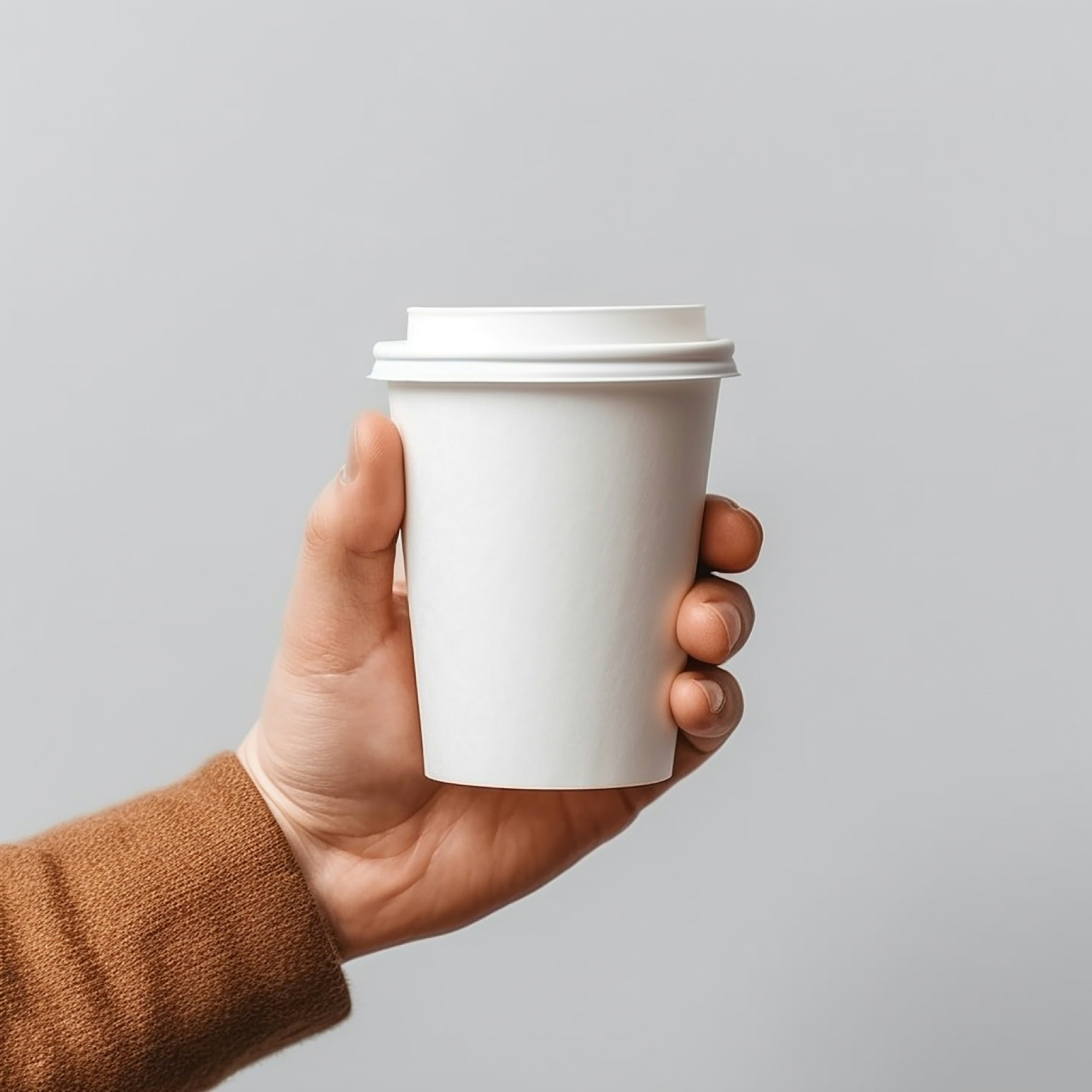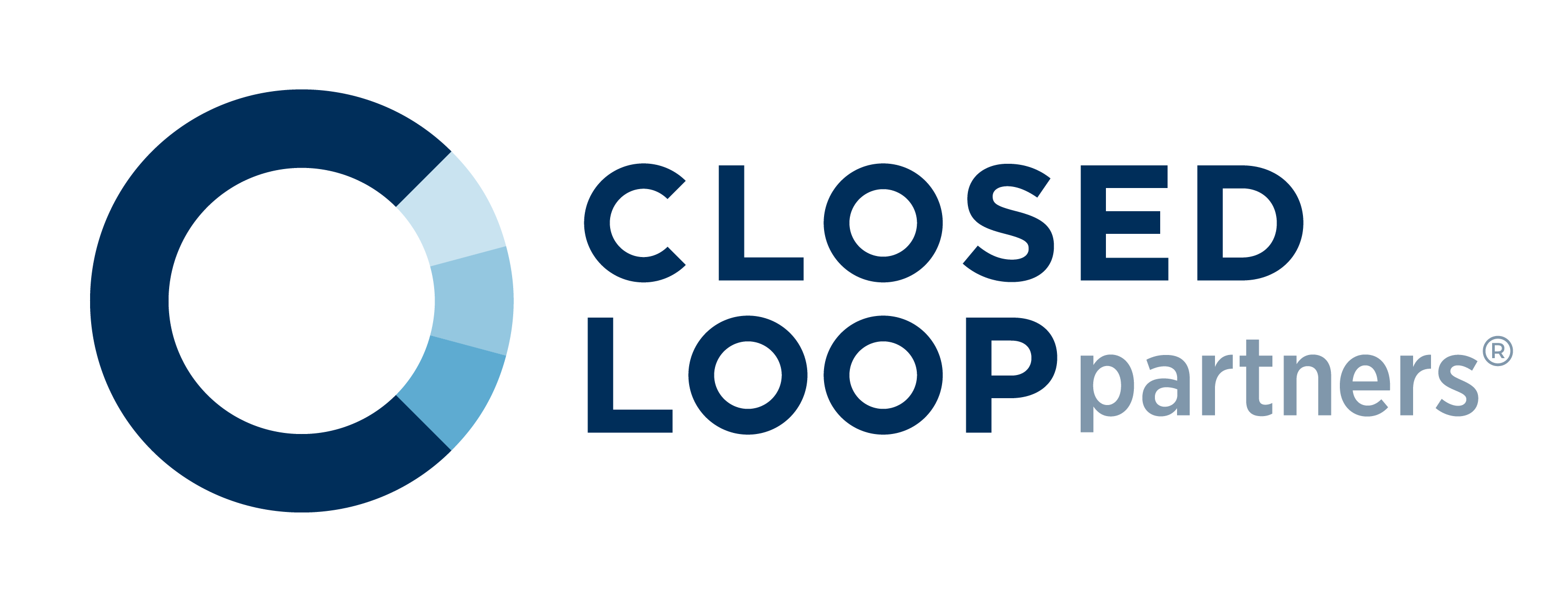The NextGen Consortium launched in 2018 with support from founding members Starbucks and McDonald's, joined by The Coca-Cola Company, Yum! Brands, Nestlé, and Wendy's — an unprecedented coalition of brands working together to solve a shared pain point and unlock business and environmental value. Our first initiative was a global innovation challenge designed to identify, evaluate and elevate recoverable alternatives to the single-use fiber cup. The challenge garnered significant attention and we received more than 500 entries and selected 12 winners focused on new materials and reusable service models. Putting the innovation challenge insights into practice, we launched a reusable cup pilot scheme in California's Bay Area, which allowed us to test solutions in real-world settings with global brands and independent businesses.
In the first two years of the Consortium, two major principles emerged to guide our work in the years to come. First, we saw that the collaborative approach of the multi-brand consortium became even more effective when partnering with local government — especially at the city level, where decisions on waste and recovery are often made. This insight paved the way for our groundbreaking work with cities, including the first citywide reusable cup program in the U.S. Second, as we pressure-tested cup alternatives, we started to pressure-test the industry perception that standard cups are hard to recycle. This led us to work closely with end markets to test what needs to be true for paper mills to accept paper cups, which would drive higher acceptance rates at materials recovery facilities (MRFs). This engagement alongside collaboration with key industry partners resulted in a significant uptick in fiber cup acceptance across the U.S.


.svg)


